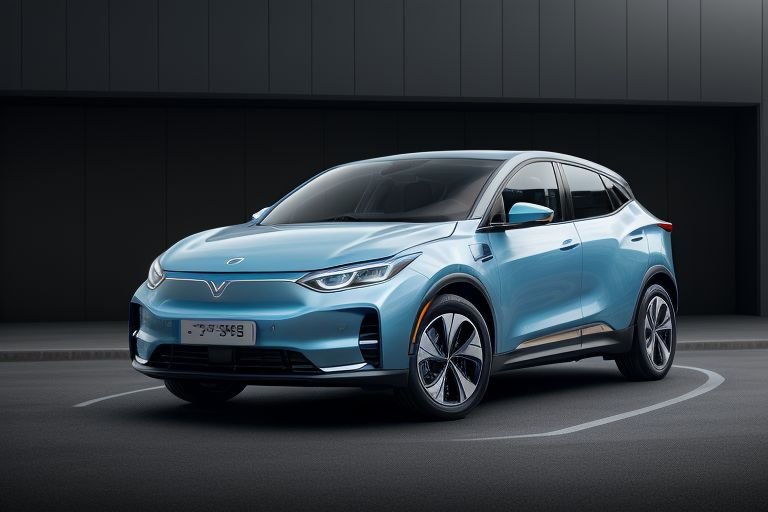
China and Europe Lead Electric Vehicle Sales Worldwide
The sales of EVs are rapidly increasing across the world, especially in China and Europe, which are the largest markets for automobiles.
This trend that has been on the rise in the last several years has been further boosted in the year 2024 due to the availability of government incentives, enhancement in the technology and the rising concern for environmental issues among the consumers.
China, the biggest car market globally, remains at the forefront of the electric vehicle revolution. Currently, statistics reveal that the sales of electric vehicles in the country have risen to more than double in the current year as compared to the same period of the previous year.
Local players such as BYD, NIO and Xpeng are enjoying high demand for their electric vehicles and are now posing a big threat to the conventional car makers in China. This has been made possible by the Chinese government through provision of subsidies and development of infrastructure.
Similarly, the EV market in Europe is also growing at a very good pace. Some of the countries in Europe such as Norway where electric vehicles have become popular and now make up more than 80% of the new car sales. Germany, France and the UK have all witnessed a rise in the uptake of EVs due to incentives from governments and the availability of charging stations. European car manufacturers such as Volkswagen, Renault and Stellantis are also ramping up their electric car production to meet this increasing demand.
The United States, however, despite being the third in the list of countries that have adopted EVs, is gradually gaining ground. While Tesla remains the market leader in the US market, other automotive giants such as Ford and General Motors are increasingly presenting new electric models.
The Biden administration’s efforts to promote electrification such as plans to invest in charging infrastructure and potential expansion of EV tax credits is anticipated to accelerate the adoption in the next few years.
This change towards electric vehicles is a global phenomenon which is affecting the automotive industry and the world in general. This has seen the traditional auto makers pour in billions of dollars into electrification strategies, with many of the manufacturers coming out with strategies that indicate they will not be selling cars with internal combustion engines in the next 10 to 20 years.
This shift is also leading to advancements in the battery technology where researchers and companies are striving to come up with better and improved batteries that are efficient, durable, and eco-friendly.
This has also affected other industries that are connected with the sales of EVs. The need for charging infrastructure is increasing at a very high rate, this presents a business opportunity for the energy and technology firms. The demand for batteries is rising, and the manufacturers are expanding the production, which creates new jobs and boosts the economy in areas where these factories are being built.
However, the EV market has its problems and these are some of the issues that have been experienced in the recent past. The industry is likely to encounter supply chain constraints, especially with regards to the battery materials such as lithium, cobalt, and nickel. Another issue associated with the use of batteries is the environmental effects of manufacturing and disposal of the batteries, which has led to enhanced efforts in recycling and environmentally friendly sourcing.
With the growth of the EV market, issues of grid capacity and the requirement of charging these vehicles from clean energy resources are being raised. Most of the countries of the world are also developing the renewable energy infrastructure so that the positive impacts of EVs on the environment can be achieved.
The increase in electric vehicle sales is one of the most important changes that has taken place in the global automotive market. With the advancement in technology, the cost of the electric vehicles is coming down and the charging infrastructure is being developed, it is expected that electric vehicles will dominate the personal transportation sector in many regions of the world in the next few decades.
This change alone has the potential of cutting down on the greenhouse gas emissions from the transport sector and is one of the most radical changes in the automotive industry.


